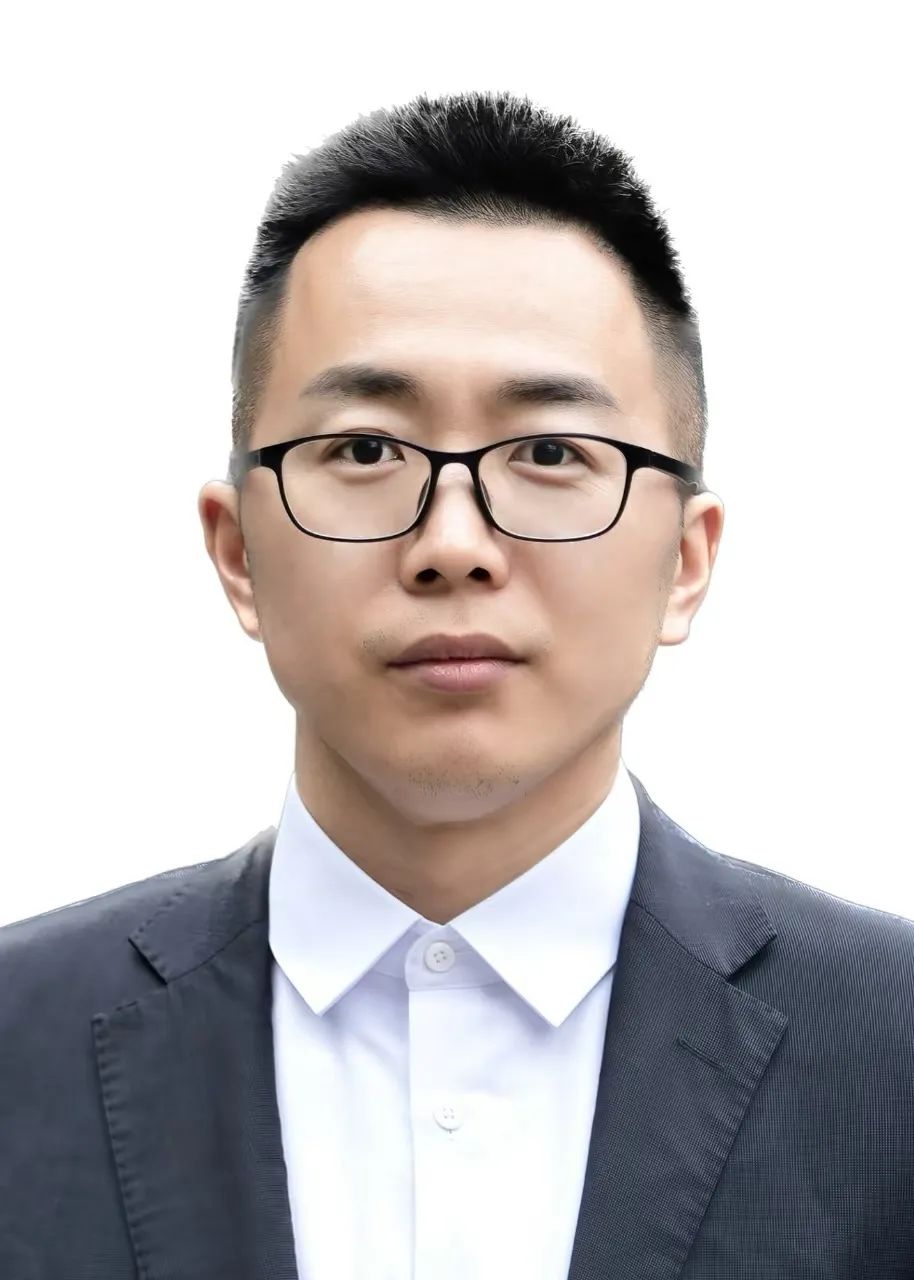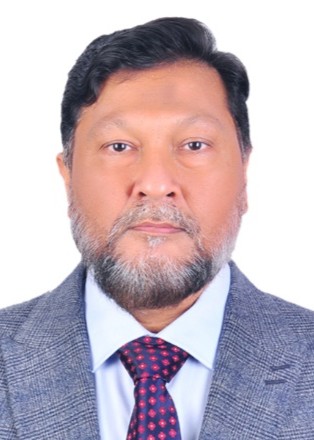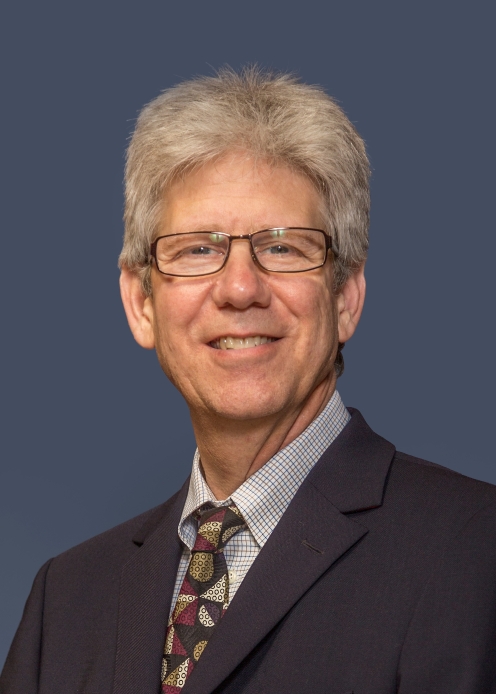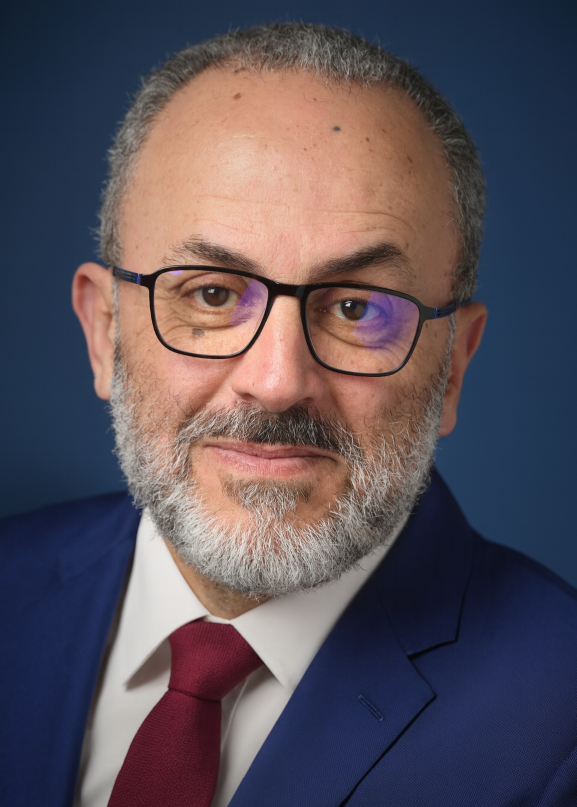Speakers 2025
Speakers 2025
Keynote Speaker I

Prof. Shunli Wang
Inner Mongolia University of Technology, China
Biography Sketch: Prof. Shunli Wang is a Doctoral Supervisor, Academic Dean, Academic Leader of the National Electrical Safety and Quality Testing Center, Academician of the Russian Academy of Natural Sciences, Provincial Senior Overseas Talent, Academic and Technical Leader of China Science and Technology City, and top 2% of top scientists in the world, who is an authoritative expert in renewable energy research. His interests include modeling, state estimation, and safety management for energy storage systems. As displayed on Google Scholar, Dr. Wang has garnered a total of 6,700+ citations, with an impressive h-index of 40.
Keynote Speaker Ⅱ

Prof. Atif Iqbal
IEEE Fellow
Qatar University, Qatar
Biography Sketch: Prof. Atif Iqbal (Fellow IEEE (USA), Fellow IE (India), Fellow AIAA (Asia Pacific), Fellow AAIA) received the B.Sc. and M.Sc. degrees in Electrical Engineering from the Aligarh Muslim University (AMU), Aligarh, India, in 1991 and 1996, respectively, and Ph.D. degree from Liverpool John Moores University, Liverpool, U.K., in 2006. He received D.Sc. degree (Habilitation) in control, informatics, and electrical engineering from the Gdansk University of Technology, Gdansk, Poland in 2019. He is a Full Professor with the Department of Electrical Engineering, Qatar University, Doha, Qatar, and a former Full Professor of the Department of Electrical Engineering, AMU, Aligarh, India. Prof. Iqbal is Honorary Adjunct Professor at M.A. American University, Nigeria, and Bharath University, India, He is also Adjunct Faculty at the Community College, Doha, Qatar. Prof. Iqbal has been listed in top 2% highly cited scientists of the world (Stanford University, USA) since 2019. He has published widely in international journals and conferences on his research findings related to power electronics, variable speed drives, e-mobility, smart grid, complex energy transition, micro and nano grids and renewable energy sources. He has authored or coauthored more than 600 research articles, 8 patents, and four books and several chapters in edited books. He has supervised several large research and development projects worth several million USD. He has supervised 21 PhD He was also a recipient of the Outstanding Faculty Merit Award for year 2014–2015 and the Research Excellence Awards at Qatar University, in 2015, and 2022. He has received Research Excellence Award from the College of Engineering, Qatar University in 2019. He has received several best research papers awards in top International Conferences. He is serving as the Vice-Chair of the IEEE Qatar Section. He is an Associate Editor of the IEEE Transaction on Industrial Electronics Senior Editor IEEE Access and Editorial Board Member IEEE ACCESS.
Speech Title: Harmonic Impact and Mitigation Strategies for Electric Vehicle Chargers in Power Distribution Systems
Abstract: The increasing adoption of electric vehicles (EVs) plays a vital role in reducing carbon emissions and dependence on fossil fuels. However, the widespread integration of EV chargers into distribution networks introduces several technical challenges, including voltage and frequency deviations, phase imbalances, and, most notably, harmonic distortion. These harmonics, generated due to the nonlinear behavior of EV chargers, can adversely affect power quality, reduce system efficiency, and even lead to instability in sensitive grid components. This keynote focuses on analyzing and mitigating the harmonic impact of EV chargers within distribution systems using advanced detection and compensation techniques supported by machine learning algorithms. The presentation covers an overview of EV charger configurations, highlighting the differences between on-board and off-board systems and their associated harmonic contributions. A detailed discussion follows on the definitions, standards, and parameters used for harmonic assessment. To enhance detection accuracy and real-time performance, the study explores several machine learning regression techniques. Finally, harmonic compensation methods such as are presented, validated through single-phase and three-phase inverter simulations. The keynote concludes that combining ML-based harmonic detection with active power filters (APFs) offers an intelligent, adaptive solution for maintaining grid stability and power quality in EV-dominated networks. The work demonstrates that AI-driven harmonic management is essential for enabling sustainable, efficient, and resilient smart grids of the future.
Keynote Speaker Ⅲ

Prof. Marc A. Rosen
Ontario Tech University, Canada
Biography Sketch: Dr. Marc A. Rosen is a Professor of Mechanical and Manufacturing Engineering at Ontario Tech University (formally University of Ontario Institute of Technology) in Oshawa, Canada, where he served as founding Dean of the Faculty of Engineering and Applied Science. Dr. Rosen served as President of the Engineering Institute of Canada and of the Canadian Society for Mechanical Engineering. He has acted in many capacities, including founding Editor-in-Chief of the journal Sustainability and a Board member of Oshawa Power.
With over 70 research grants and contracts and 900 technical publications, including numerous books, Dr. Rosen is an active teacher and researcher in thermodynamics, sustainable energy, and environmental impact. Much of his research has been carried out for industry. Dr. Rosen has worked for such organizations as Imatra Power Company in Finland, Argonne National Laboratory, the Institute for Hydrogen Systems near Toronto, and Toronto Metropolitan University, where he served as Chair of the Department of Mechanical, Aerospace and Industrial Engineering.
Dr. Rosen has received numerous awards and honours, and is a Fellow of the Royal Society of Canada, the Engineering Institute of Canada, the Canadian Academy of Engineering, the Canadian Society for Mechanical Engineering, and the American Society of Mechanical Engineers.
Speech Title: Energy Sustainability: General Considerations and Examples
Abstract: Sustainable development is a critical, central and important goal and means for human and societal activity. Energy sustainability is of great importance to any activities and plans for overall sustainable development, and the achievement of sustainability. This is particularly important given
1) the pervasiveness of energy use throughout almost all aspects of societies and the lives of people,
2) the importance of energy in economic development of societies and the living standards attained by people, and
3) the significant impacts that energy processes and systems have on the environment and the ecosystems within them.
Many factors that need to be considered and appropriately addressed in moving or shifting towards energy sustainability are examined in this talk. These include appropriate selection of energy resources bearing in mind sustainability criteria, facilitation of the use of sustainable energy resources particularly through the use of appropriate energy carriers, enhancement of the efficiency of energy-related processes, and a holistic adoption of environmental stewardship in energy activities.
In addition, other key sustainability measures are addressed, such as economics, equity, land use, lifestyle, sociopolitical factors and population, and illustrative examples related to energy sustainability are considered.
Conclusions are provided related both on options for energy sustainability and on means to achieve sustainable development and overall sustainability.
Keynote Speaker Ⅳ

Prof. Mohamed Benbouzid
IEEE Fellow
University of Brest, France
Biography Sketch: Mohamed Benbouzid completed his Ph.D. in electrical at the National Polytechnic Institute of Grenoble, Grenoble, France, in 1994. He further earned his Habilitation à Diriger des Recherches degree from the University of Amiens, Amiens, France, in 2000.
Following the completion of his Ph.D., Dr. Benbouzid joined the University of Amiens, where he held the position of Associate Professor in electrical engineering. Since September 2004, he has been affiliated with the University of Brest, Brest, France, where he currently serves as a Full Professor in electrical engineering.
Prof. Benbouzid primary research interests and expertise include control of electric machines, variable-speed drives for traction, propulsion, and renewable energy applications, and fault diagnosis of electric machines.
Prof. Benbouzid is an IEEE Fellow and a Fellow of the IET. He is the Editor-in-Chief of the Applied Sciences (MDPI) Section on Electrical, Electronics and Communications Engineering. He is a Deputy Editor for the IET Renewable Power Generation.
Speech Title: Intelligent Biofouling Management: Unlocking Efficiency in Tidal Stream Turbines through Machine Learning
Abstract: This keynote will present a comprehensive machine learning-driven roadmap for the future of biofouling detection and estimation in tidal stream turbines. The talk will begin with an introduction to the phenomenon of biofouling in marine environments and its detrimental effects on turbine performance, hydrodynamic efficiency, structural integrity, and long-term maintenance costs. It will then provide a critical overview of existing detection and estimation approaches, identifying their respective strengths, technical limitations, and practical deployment challenges in highly dynamic underwater conditions. Building on this foundation, the keynote will examine recent scientific and technological advances, particularly those using data-driven models, remote sensing strategies, and hybrid physics–AI frameworks. The discussion will emphasize how machine learning can enhance early-stage fouling detection, improve estimation accuracy under incomplete or noisy datasets, and support predictive maintenance strategies. Finally, the presentation will consider emerging research directions and opportunities for innovation, outlining the key enablers needed to transition from concept to real-world implementation. By charting this trajectory, the keynote aims to highlight how intelligent monitoring and decision-support tools can ultimately enable more efficient, resilient, and sustainable biofouling management practices across the marine renewable energy sector.